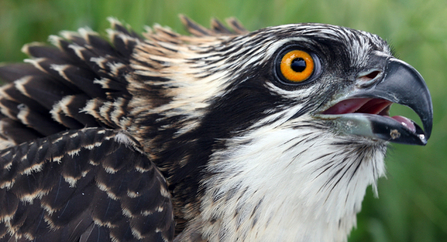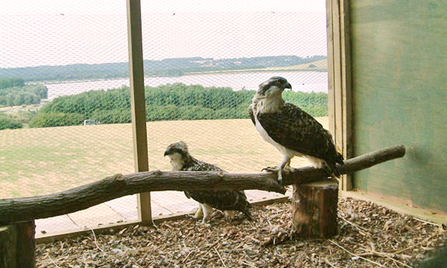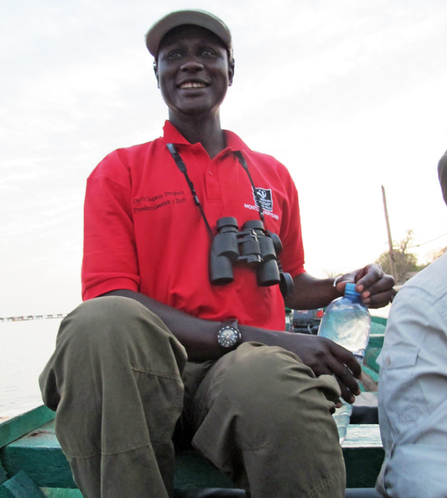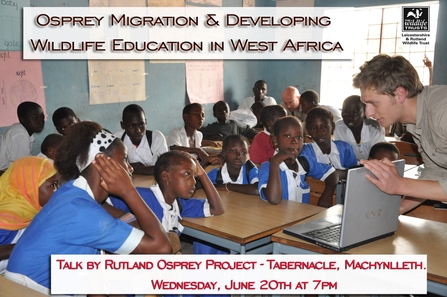As I write, exactly three weeks ago little Ceulan was pipping out of his egg for all he or she was worth. In fact, on this Monday three weeks ago, Ceulan and the first chick were hatching at the same time. Sadly, the first chick only survived for three days when the weather took its first victim.
Ceulan and his/her older sibling make their way into the world




